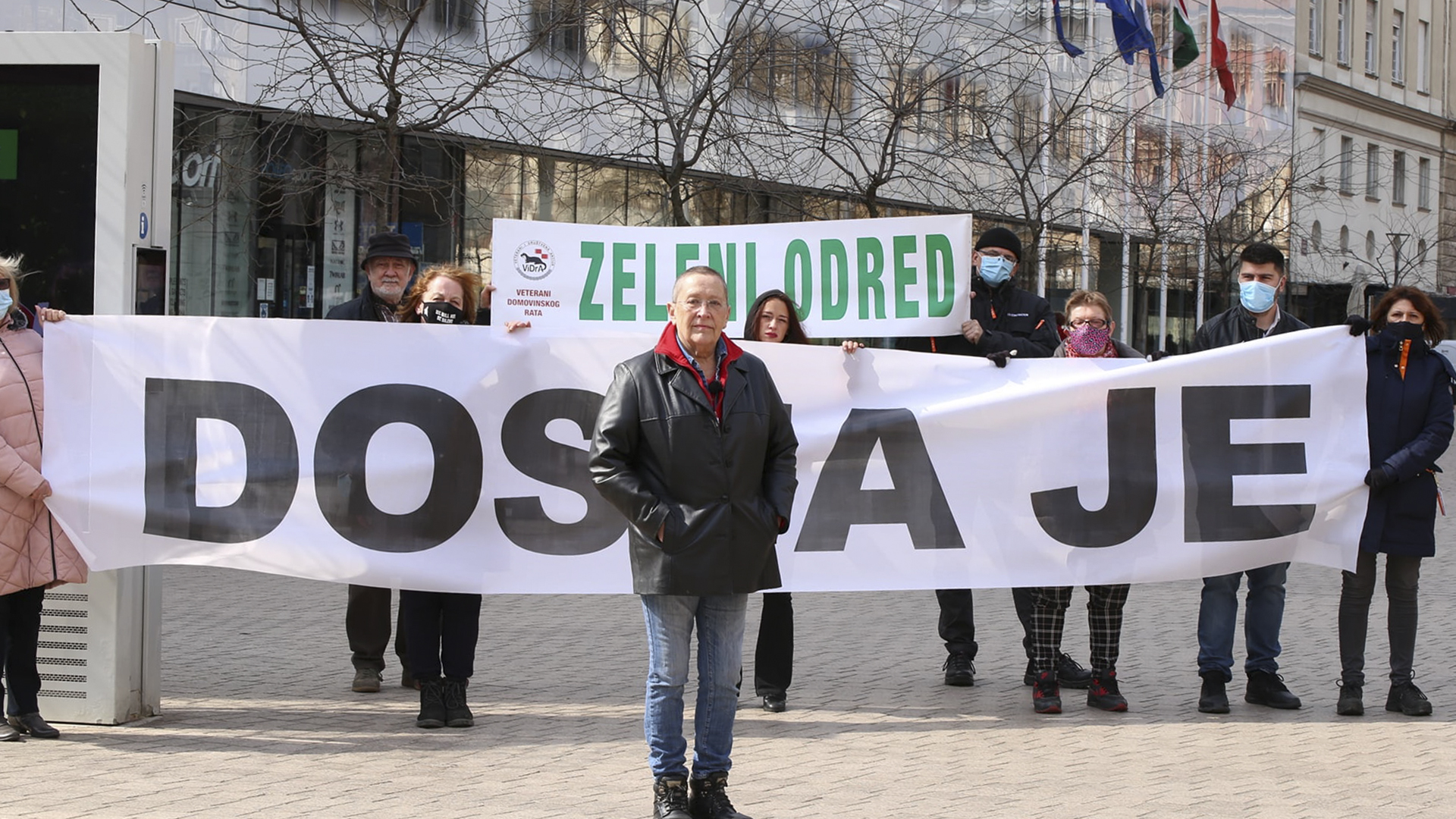
As our forests and mountains perish
The Balkans is losing its forests, activists warn.
|27.08.2021
|
"Forests can be exploited, but it is to be carried out sustainably so as to protect the habitat and biodiversity."
MEP Thomas Waitz, Austrian Green PartyReforestation totals fell from 992 hectares in 2015 to 614 hectares in 2019.
In Kosovo, where 45% of the territory is covered in woodland, illegal logging is one of the biggest issues plaguing the protection of forest resources.

Jelena Prtorić
Jelena Prtorić is a journalist that (mainly) covers South-eastern Europe, she writes for web and print platforms, in Croatian, English, and French. She usually writes about politics, human rights, culture, the environment, and a variety of social topics.
This story was originally written in Serbian.